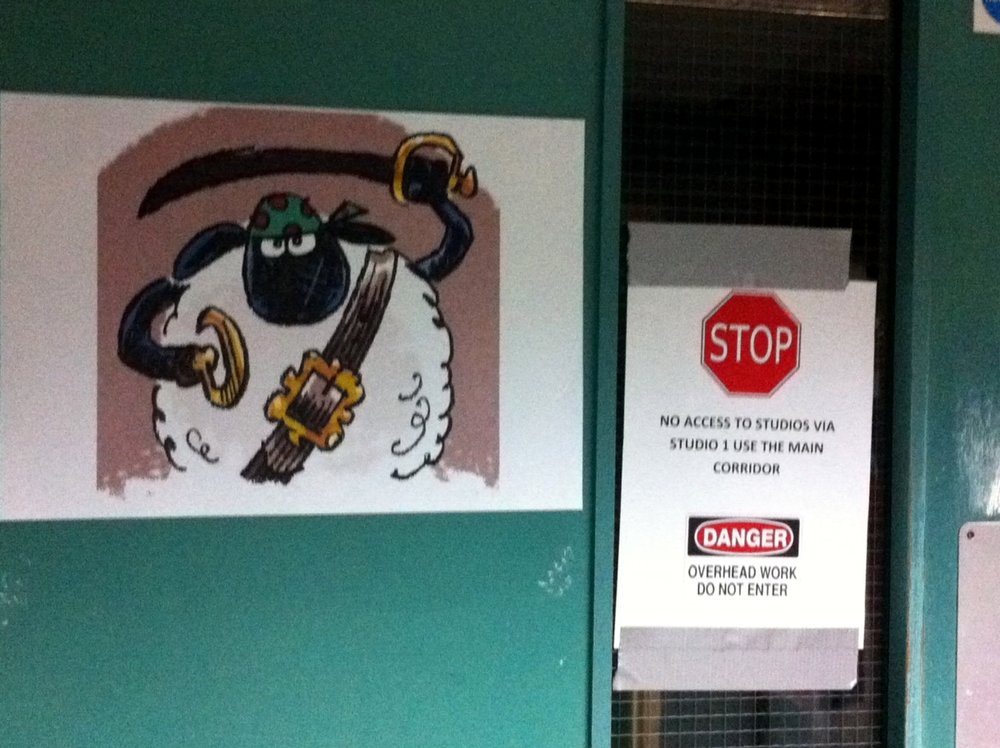The BAFTA Film nominations were yesterday. Unfortunately, Pirates not only failed to win - they were not even amongst the three animated features nominated in the relevant category.
However, this was more or less righted by the nomination in the 85th Academy Awards - announced earlier today. Pirates is one of five films nominated for Best Animated Feature, and one of three stop motion films within the category! So, fingers crossed for the 24th of February.
Another recently announced set of nominations that I eagerly browsed were those of the Visual Effects Society Awards - having been the previs/ VFX editor on Pirates, I was rather hoping to see a few nods in that area. Indeed, there's an Outstanding Animated Character in an Animated Feature Motion Picture - competing against Brave, Hotel Transylvania, and Wreck-It Ralph - all of which are fully CG. I personally attribute a large part of this (corrrectly or not) the seamless overlap between stop-motion and CG to a fair amount of confusion over the nature of the film and its effects. Not only amongst lay-people (although I have had to clarify on a few occasions that the water was indeed generated and yes - CG CAN do that these days), but also amongst VFX pros - for whom I answered several questions on Twitter about the production and stop motion, previs, vfx, CG animation, etc. at the time the film came out.
Pirates also has a Best Animated Feature nomination in the 40th Annie Awards, as well as Outstanding Achievement nominations in four categories:Character Animation in a Feature Production, Production Design in an Animated Feature Production, Voice Acting in an Animated Feature Production, Writing in an Animated Feature Production. So... exciting times.
Working on Pirates was an amazing experience in its own right, especially as it was the first feature I ever worked on - but it's certainly amazing and fulfilling to see it get some outside recognition too, from people who didn't actually work on it - or who don't feel they have to say nice things because they know me.
It's been almost exactly a year now since VFX finished on the film, and it's immensely gratifying to see it still making its way out there. I really hope that it continues to get the same level of love and commitment from the rest of the world as those of us involved in its production put in.



